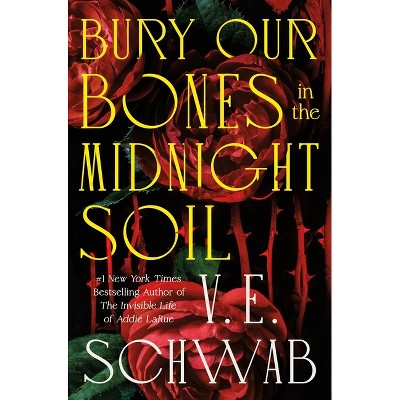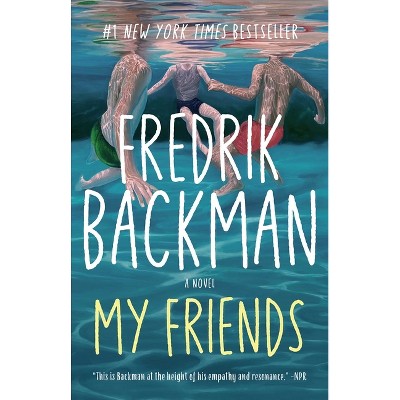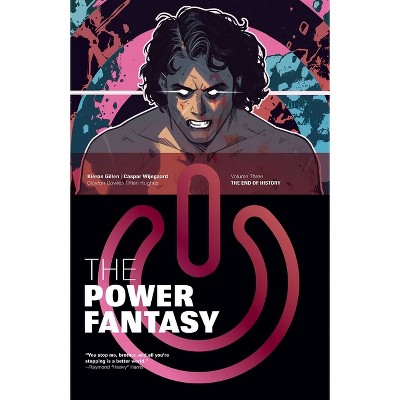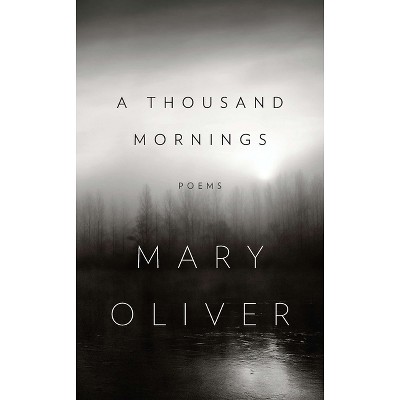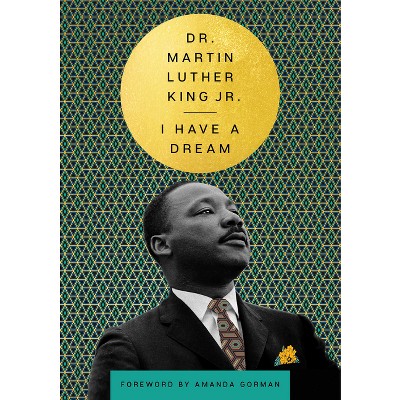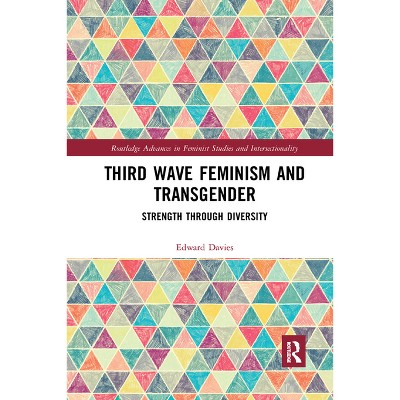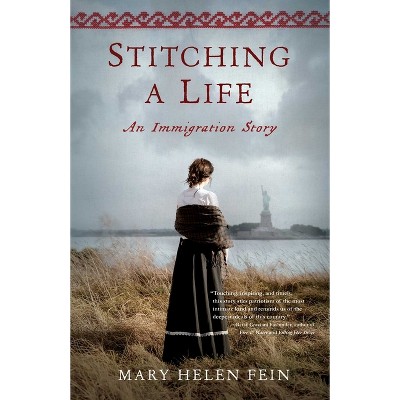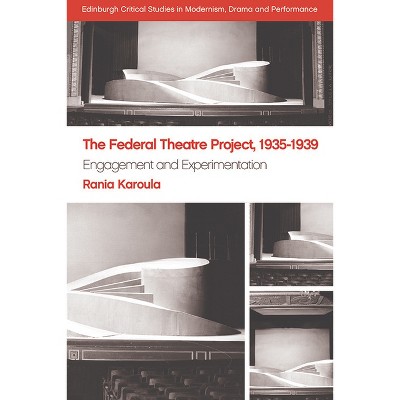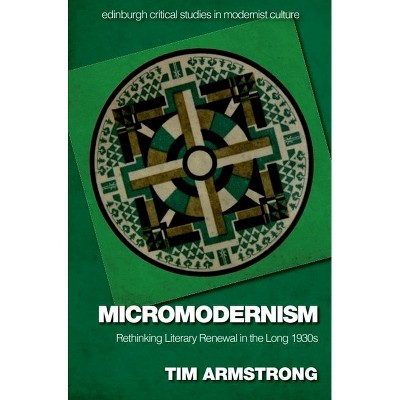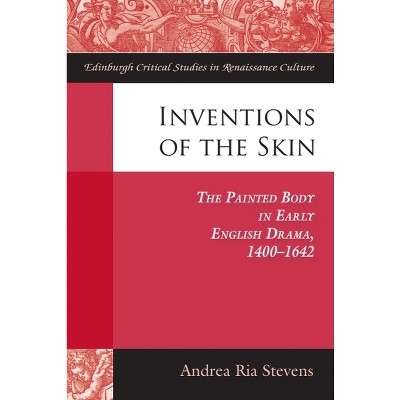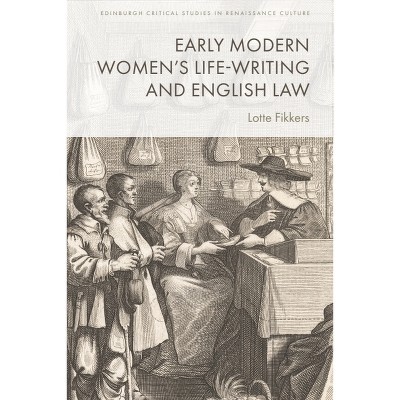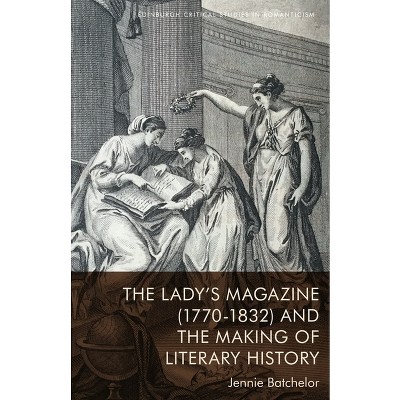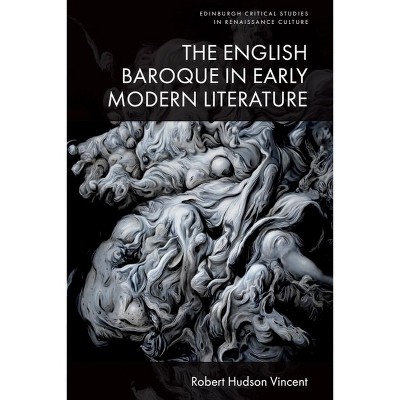Sponsored

Reading Modernism's Readers - (Edinburgh Critical Studies in Modernist Culture) by Helen Tyson
Pre-order
Sponsored
About this item
Highlights
- Reading Modernism's Readers: Virginia Woolf, Psychoanalysis and the Bestseller examines the scene of reading in modernist, psychoanalytic and popular writing from the early twentieth century.
- Author(s): Helen Tyson
- 240 Pages
- Literary Criticism, Modern
- Series Name: Edinburgh Critical Studies in Modernist Culture
Description
About the Book
Examines the scene of reading in modernism, psychoanalysis and popular novels from the early twentieth centuryBook Synopsis
Reading Modernism's Readers: Virginia Woolf, Psychoanalysis and the Bestseller examines the scene of reading in modernist, psychoanalytic and popular writing from the early twentieth century. Focusing on the writing of Virginia Woolf, and reading her novels alongside writing by Marcel Proust, Sigmund Freud, James Strachey, Ethel M. Dell, Melanie Klein, Marion Milner, and others, this book challenges our prevailing critical assumptions about modernist reading. Reading Modernism's Readers argues that the modernist scene of reading reveals some of our culture's most powerful and enduring fantasies about the role of literature in psychic, social and political life. Reading modernism alongside psychoanalysis and the bestseller, this book aims not only to intervene in debates about modernism, but also to address its legacies in contemporary literature, and in the context of increasingly urgent questions about how--and why--we read today.
Review Quotes
Reading Modernism's Readers [...] uses Woolf to think about the role of literature "in dark times". [...] Helen Tyson's point is that when Woolf wrote scenes of reading in the turbulent 1930s, illuminating the absorbed mind, she was imagining her own reader picking up the book and asking: what do we want?--Sophie Oliver "TLS"
This book offers a substantive account of how modernist aesthetics, political anxieties, and psychoanalytic theory intersect in the figure of the reader, and will be of special interest to scholars of Virginia Woolf and reading theorists. [...] Reading Tyson's work in 2025 in the United States, I am struck by the resonance of modernist ambivalence in my own 'scenes of reading, ' and by the continuing relevance of the book's central questions. How might we recognize the fantasies of mastery or submission expressed in our ways of reading or teaching others to read? What might we learn from Woolf and other modernists about the reparative or democratic possibilities of reading in our precarious time?--Kathryn Van Wert, University of Minnesota Duluth "The Review of English Studies"
In this innovative study, Helen Tyson deftly shows how modernism and psychoanalysis respond to the crises of their times by reimagining the intimate psychic processes of reading. Attentive to the political turmoil of the era, Tyson's focus on "scenes of reading" offers fresh and unexpected insight into the historical conjunction of psychoanalysis and modernism.--Maud Ellmann, University of Chicago
Shipping details
Return details
Frequently bought together

Trending Book Pre-Orders



